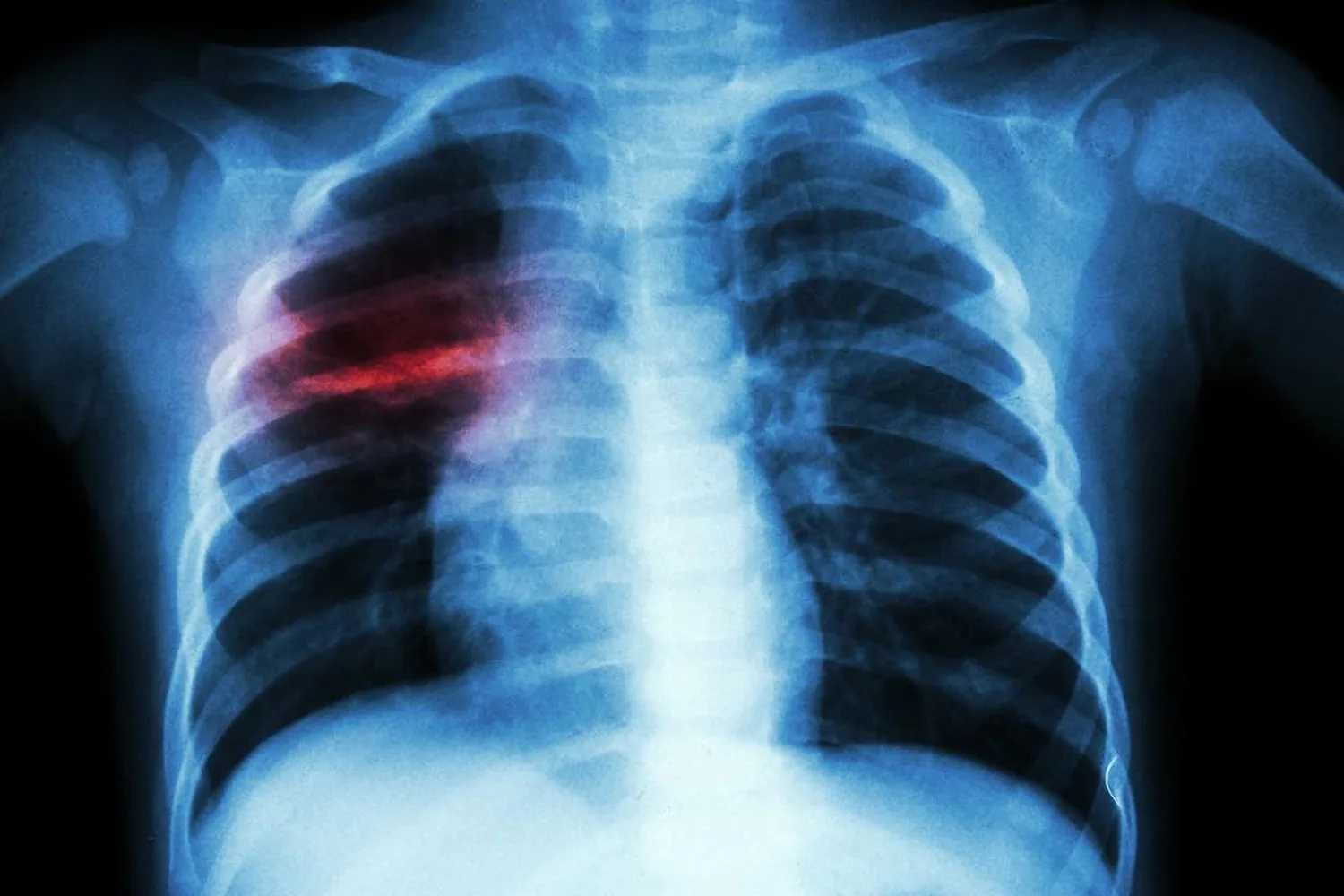Tuberculosis
Tuberculosis remains one of the most dangerous infectious diseases and, second only to human immunodeficiency virus (HIV) infection, is the leading cause of death from infectious diseases worldwide. Currently, there are no laboratory tests available that can assess the immune system’s response to infection—particularly innate immunity—or that allow for monitoring the course of treatment and susceptibility to reinfection. This is especially crucial in the case of chronic infectious diseases (such as tuberculosis and latent infections), life-threatening conditions with high mortality rates (such as sepsis and septic shock), as well as chronic systemic diseases associated with impaired immune function (such as diabetes and atopic dermatitis) or with a genetic background (such as cystic fibrosis). The currently available and routinely used microbiological diagnostics only detect the presence of microorganisms in patient samples but do not determine susceptibility to infection development nor allow for an assessment of the infection’s progression or the treatment process.

DiMedical has developed and patented an innovative diagnostic method that is set to revolutionize the tuberculosis diagnostic process by simplifying it, significantly reducing the time required, and lowering associated costs.
Industrial research on the application of species-specific mycolic acid profiles for the identification of Mycobacterium strains enables the monitoring of tuberculosis progression—particularly in its early stages—as well as the course of treatment.
This diagnostic approach requires the discovery of new biomarkers originating not only from the pathogens themselves but also those synthesized by the host organism in response to infection.
Given that tuberculosis remains a major global clinical and social challenge—ranked among the top infectious diseases threatening human health—and that rapid diagnosis is crucial for effective treatment, we are witnessing strong international interest in our product.